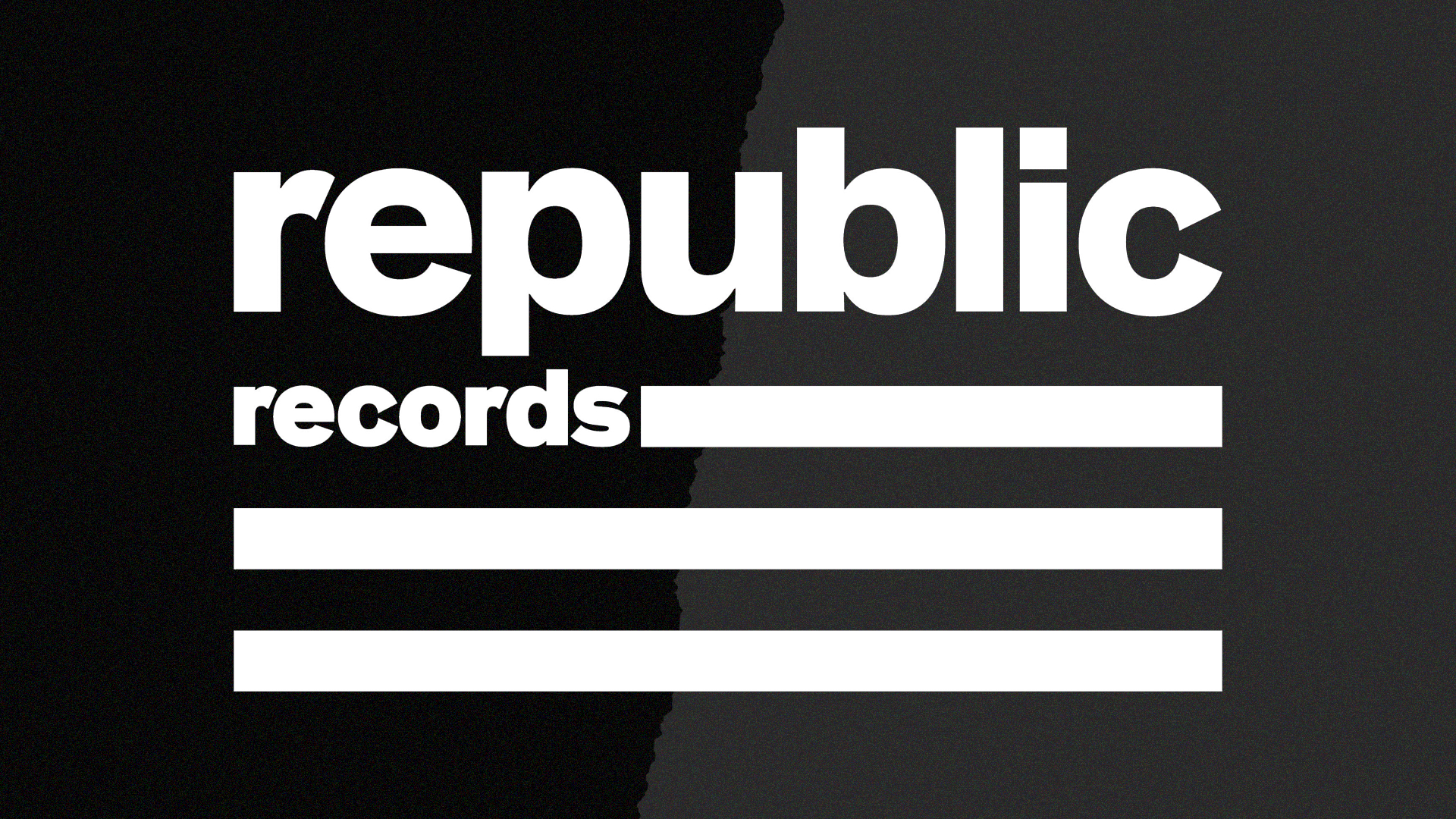Why is the term ‘urban’ problematic?
Criticism of this word and its implications haven’t suddenly appeared overnight, either. Artists and industry executives have been criticising its use for years.
In 2019, Tyler The Creator won the Urban Grammy for his genre bending, indie-pop record IGOR. The album is full of delicate melodies and crunchy production that wouldn’t be totally out of place next to the top pop records of the year, but was instead bluntly shoved into the ‘urban’ category. This dismissal of the album’s intentions and aesthetic by the Grammys highlights just how non-descriptive and meaningless the ‘urban’ label is.
In a post award interview Tyler echoed this sentiment, stating that ‘urban is the politically correct way to say the n word’ and describing his win as a ‘back handed compliment’. He rightly pointed out that the term pushes black artists with unique styles out of the spotlight, instead keeping them all within the same subcategory for convenience. In his words, ‘it’s like passing your cousin a second controller and pretending to let them play along’. You can watch his comments in full below.
Industry insiders have expressed similar opinions. Sam Taylor, who is the executive for music publishing firm Kobalt, said that he ‘despised’ the term ‘urban’ in 2018 during a self-published Q&A on the company website. ‘It feels like a project to me. Nothing about hip-hop and R&B needs to be rebuilt’. Elsewhere, BBC Radio 1Xtra presenter DJ Semtex described the term as a ‘lazy, inaccurate generalisation of several culturally rich art forms’.
‘Urban’ is problematic as a music descriptor because it lumps together so many styles, genres, artistic experiences, and aesthetics under the same umbrella. Artists such as R&B singer Frank Ocean, pop act SZA, and hip-hop titan Kendrick Lamar are all often chucked into the same category by mainstream outlets, despite having wildly different sounds and flavours to their music. ‘Urban’ washes out the individuality of these works and pushes aside black voices in favour of giving white acts more airtime.
The phrase has no place in pop culture today. Hip hop, trap, grime, and R&B have all influenced popular music significantly in the last few decades. To dismiss any black artist from these genres as ‘urban’ is lazy, unfair, and racist. The Guardian pointed out in 2018 that the term connotes black communities strictly within inner cities, establishing a racial stereotype that is then thrust upon all black artists regardless of their background.
Put simply, ‘urban’ perpetuates sociological assumptions of black artists, and exists to make ethnically diverse music more palatable to conservative and sheltered white listeners. It’s a horrendously outdated approach and it’s embarrassing that it’s taken this long for the industry to do the bare minimum.
https://www.youtube.com/watch?v=9W0g6sNS6DU
What is happening to change the situation?
Thankfully, things are starting to move forward, albeit slowly. Republic Records announcement has been met with praise and a sentiment of ‘finally, for God sake’ on Twitter, while several other music company executives have penned an open letter to labels to do better and be more vigilant.
Los Angeles music management company Milk & Honey has since also announced it will drop the ‘urban’ term. It has helped clients who’ve contributed the sales of big pop, hip-hop, and R&B acts, including Drake, Rick Ross, and Khalid.
There are reasons to be hopeful for change. Black music should absolutely be celebrated and championed, but it should equally be recognised for all of its eclectic voices, backgrounds, and experiences. The industry needs to stop taking the styles and sounds from black artists and reducing them down to a single label.
The cogs are finally turning toward meaningful and long-term change, but it’s taken longer than it ever should have – and more still needs to be done.




















